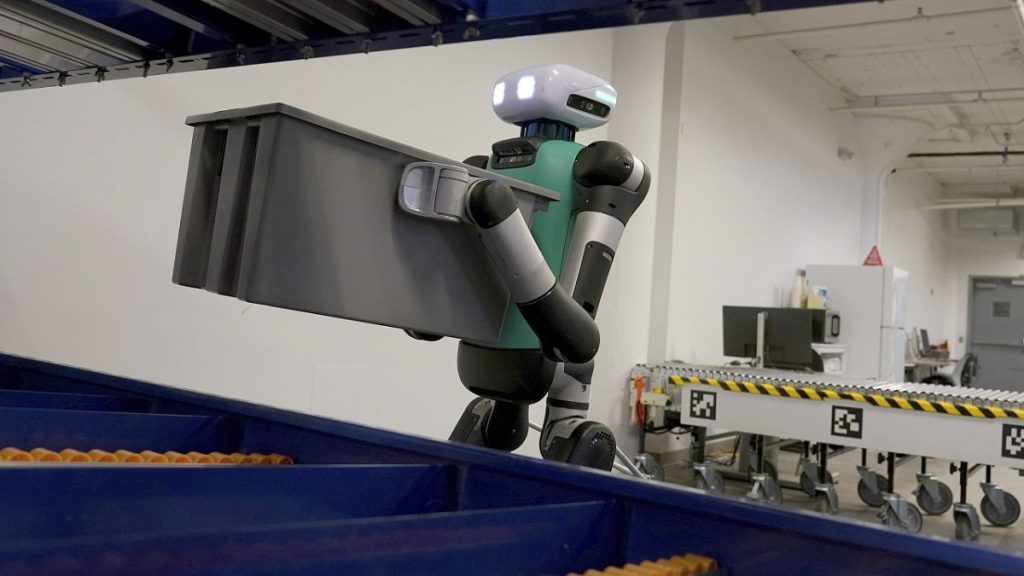The European Union’s legislative landscape is grappling with the complex challenges posed by Artificial Intelligence (AI), particularly concerning liability for harms caused by AI systems. While the AI Act, a comprehensive framework regulating AI systems based on their risk level, came into effect in August 2023, the question of liability remains a critical and evolving aspect of AI governance. Currently, the European Parliament is actively engaging in consultations and discussions to formulate a dedicated AI Liability Directive, aiming to modernize existing liability rules and address the specific nuances of harm caused by AI. This initiative, spearheaded by MEP Axel Voss, seeks to establish a uniform standard of protection across all member states and provide legal clarity for both businesses and individuals affected by AI-related incidents.
The crux of the debate revolves around the necessity and scope of a separate AI Liability Directive. While the European Commission proposed such a directive in 2022, some stakeholders, including tech lobbyists and consumer organizations, argue that existing legislation, particularly the revamped Product Liability Directive (PLD), adequately covers the potential harms arising from AI systems. Their perspective highlights the potential redundancy of a new directive and the potential stifling effect on innovation due to increased regulatory burden. Conversely, proponents of the AI Liability Directive emphasize the unique challenges posed by AI, particularly concerning immaterial harms and the differing interpretations of the PLD across member states. This legal fragmentation, they argue, creates uncertainty and increased litigation costs, especially for small and medium-sized enterprises (SMEs) and startups lacking the resources to navigate complex legal landscapes. This discrepancy in legal expertise potentially widens the competitive gap between smaller European companies and larger, often non-EU, tech giants.
MEP Voss’s consultation, open until March 17th, seeks to address these contrasting viewpoints. The questionnaire probes the existence of unique legal challenges posed by AI systems not currently covered by existing regulations and the potential impact of liability rules on innovation. A pivotal question in the consultation concerns the format of the directive – whether it should remain a directive, allowing for national interpretation and implementation, or be transformed into a regulation, ensuring direct applicability across all member states. This decision will significantly impact the uniformity and enforceability of the liability framework. The argument for a regulation highlights the potential for 27 different interpretations of a directive, leading to complexities and inconsistencies in application. This legal fragmentation can burden businesses operating across multiple EU markets and create an uneven playing field, particularly disadvantaging smaller companies.
Adding another layer to the complexity, a recent study presented to the Parliament’s legal affairs committee (JURI) highlighted the potential challenges posed by large language models (LLMs) like ChatGPT and Claude.ai. These models, due to their dynamic and evolving nature, may fall outside the scope of the current PLD, further reinforcing the need for a dedicated AI liability framework. LLMs present a novel challenge as the ‘product’ is not a tangible item but a constantly learning and adapting system, making traditional product liability concepts difficult to apply directly. Determining responsibility and attributing liability when harm arises from the output of these complex models requires a more nuanced approach than provided by existing legislation.
The ongoing debate within the European Parliament underscores the intricate task of balancing innovation with the protection of individuals and businesses in the rapidly evolving field of AI. The development of a clear and effective liability framework is crucial for fostering trust in AI technologies and ensuring that those harmed by AI systems have access to appropriate legal recourse. This careful balancing act is critical for maintaining the EU’s competitiveness in the global AI landscape while upholding its commitment to ethical and responsible technological development. The timeline for the development of the AI Liability Directive includes a draft report to be published by MEP Voss on June 4th, followed by discussions within the JURI committee at the end of June.
The ultimate shape and form of the AI Liability Directive will have profound implications for the development and deployment of AI systems in Europe. A robust and clear legal framework will not only protect individuals and businesses but also foster trust and facilitate the responsible development and adoption of AI. Striking the right balance between innovation and accountability is essential to ensuring that the benefits of AI are realized while mitigating its potential risks. The discussions and consultations taking place within the European Parliament are crucial steps in this ongoing process of shaping a future where AI technologies contribute positively to society while safeguards are in place to address potential harms. The final outcome will significantly influence the legal landscape for AI not just within the EU but potentially globally, as other jurisdictions grapple with similar challenges.














